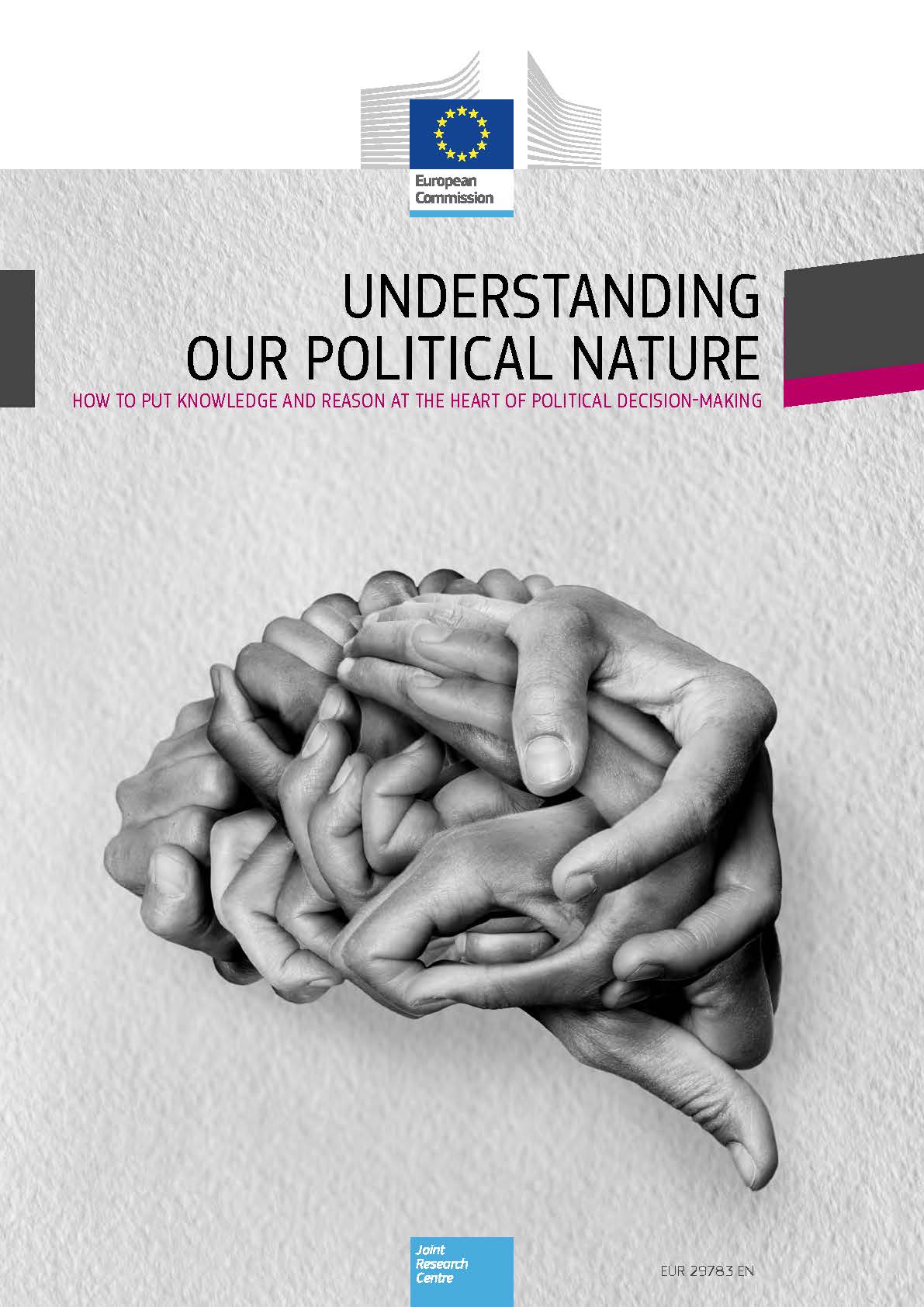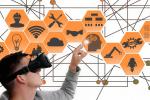
The new report from the Joint Research Centre-JRC (European Commission) ‘Understanding our political nature’ analyses how and why emotions, identity and senses determine our way of thinking and making decisions. The report involved the participation of 60 internationally leading scientists from the humanities and social sciences. The report, which is available online and is mainly intended for policy makers, aims to combat disinformation, pointing to the need for evidence-based policymaking as a precondition for well-functioning democracies.
Tibor Navracsics, Commissioner for Education, Youth, Culture and Sport, said: ‘Simply making more information available to citizens or decision makers is not enough to guarantee more informed or better decision-making. If we want political decision-making to bring about positive social change, we need to better understand how emotions, values, identity and reason affect how we think, talk and take decisions on political issues.’
The report ‘Understanding our political nature’ focuses on some of the most pressing political issues, such as disinformation, different views on values and identity, and tries to understand the underlying social and behavioral processes.

Key findings include:
Misperception and Disinformation: Our thinking skills are challenged by today's information environment and make us vulnerable to disinformation. We need to think more about how we think.
Collective Intelligence: Science can help us re-design the way policymakers work together to take better decisions and prevent policy mistakes.
Emotions: We can't separate emotion from reason. Better information about citizens' emotions and greater emotional literacy could improve policymaking.
Values and Identities drive political behaviour but are not properly understood or debated
Framing, Metaphor and Narrative: Facts don't speak for themselves. Framing, metaphors and narratives need to be used responsibly if evidence is to be heard and understood.
Trust and Openness: The erosion of trust in experts and in government can only be addressed by greater honesty and public deliberation about interests and values.
Evidence-informed policymaking: The principle that policy should be informed by evidence is under serious attack. Politicians, scientists and civil society need to defend this cornerstone of liberal democracy.
The report was presented during a launch event in July 2019 in Brussels and is available for download online.









